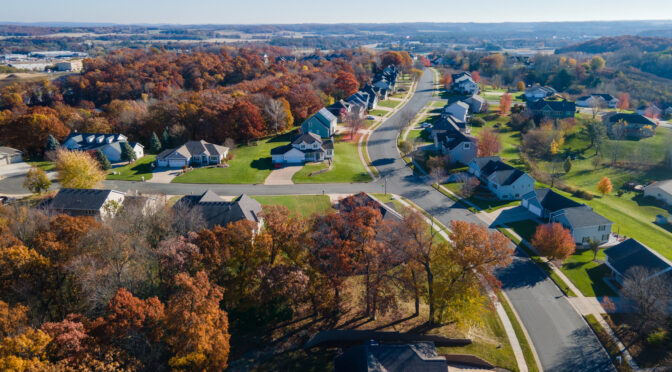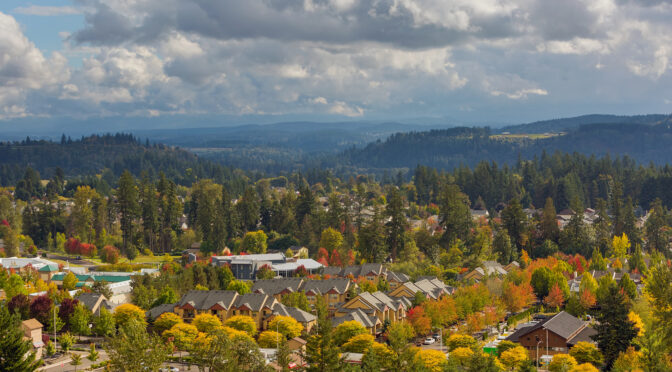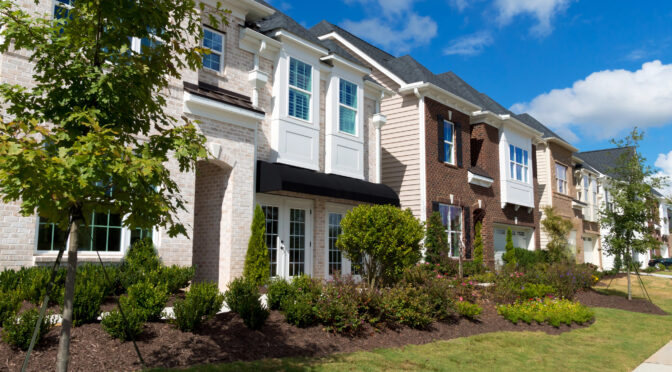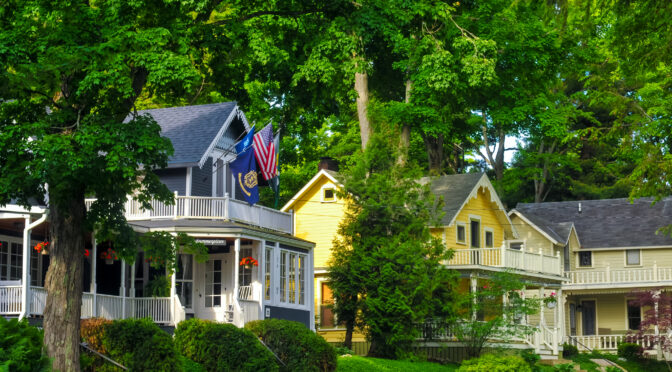15 reasons to consider living in Wisconsin
15 reasons to consider living in Wisconsin
Natural Beauty
Here are some of the 15 reasons to consider living in Wisconsin. Wisconsin boasts diverse landscapes, including lakes, forests, rivers, and rolling hills, providing stunning scenery and numerous outdoor opportunities.
Great Lakes Access
With access to Lake Michigan and Lake Superior, residents can enjoy waterfront activities like boating, fishing, and swimming.
Outdoor Recreation
The state offers abundant recreational activities year-round, including hiking, biking, skiing, snowmobiling, and camping, thanks to its extensive trail systems and parks.
Unique Culture
Wisconsin is known for its rich cultural heritage, including a strong German and Scandinavian influence, celebrated through festivals, food, and local traditions.
Food Scene
Home to delicious cheese, bratwurst, and craft beer, Wisconsin offers a vibrant food culture with numerous farms, markets, and artisanal producers.
Quality of Life
Wisconsin frequently ranks high in quality of life studies, thanks to its low crime rates, clean environment, and strong sense of community.
Affordable Cost of Living
The cost of living in Wisconsin is generally lower than the national average, particularly when it comes to housing and everyday expenses.
Education
With several respected universities, including the University of Wisconsin-Madison, the state offers quality educational opportunities from K-12 through higher education.
Festivals and Events
Wisconsin is known for its vibrant festivals, including the Wisconsin State Fair, Summerfest (one of the world’s largest music festivals), and numerous county fairs.
Strong Economy and the 15 reasons to consider living in Wisconsin
The state’s economy is diverse, with strong sectors in manufacturing, agriculture, and healthcare, providing ample job opportunities.
Sports Culture
Wisconsin has a passionate sports culture, with loyal fans supporting teams like the Green Bay Packers, Milwaukee Bucks, and Milwaukee Brewers.
Four Distinct Seasons
Residents enjoy a variety of seasonal activities, from summer festivals to winter sports, and beautiful foliage in the fall.
Small Town Charm
Wisconsin is known for its friendly small towns, each with unique character, community events, and local businesses.
Access to Healthcare
The state has a strong healthcare system, with a wide range of services and facilities available to residents.
Community Engagement
Many Wisconsinites value civic involvement and volunteerism, leading to a strong community spirit and opportunities to participate in local initiatives.
These factors make Wisconsin an attractive place to live for many individuals and families, offering a balance of natural beauty, culture, and quality of life.
Rehab Lend LLC
Rehab Lend LLC are your trusted partner as Wisconsin hard money lenders across Wisconsin and beyond. Specializing in fix-and-flip loans and Debt Service Coverage Ratio, DSCR loans, we empower real estate investors to capitalize on lucrative opportunities with ease.
As a nationwide direct hard money lender, we offer streamlined financing solutions tailored to your unique needs, ensuring swift access to the capital you need to turn your vision into reality. At Rehab Lend, we believe in supporting your journey to success in the dynamic world of real estate investment.






